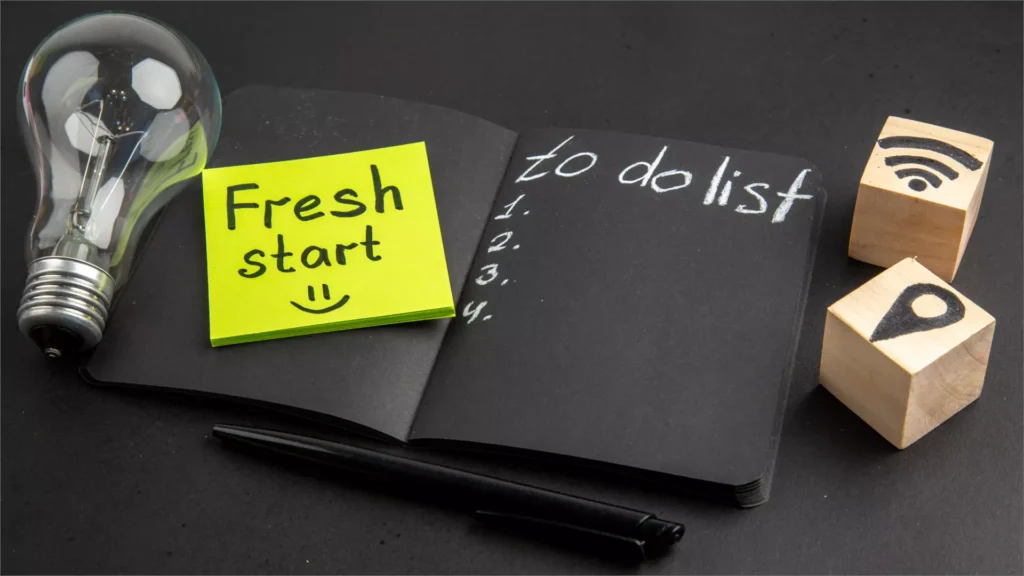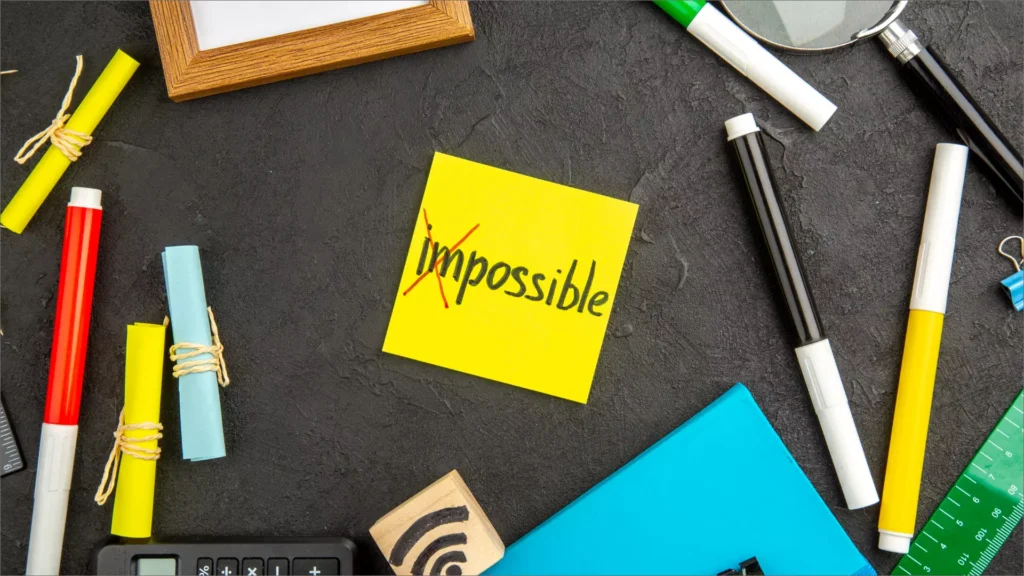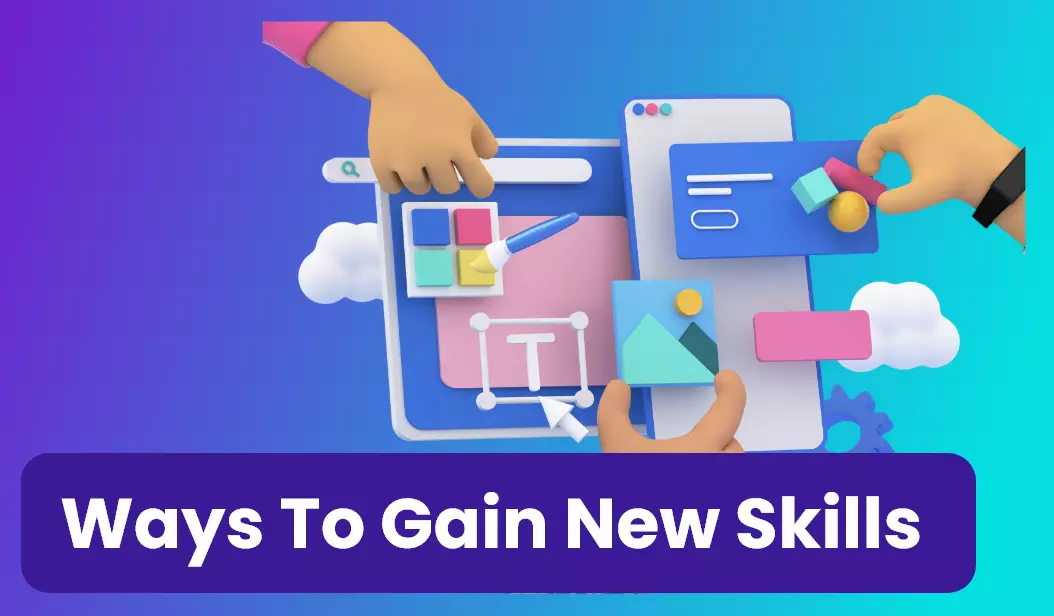Top 10 Ways To Gain New Skills in 2023
Over time every sector of business has become competitive, and everyone needs to keep learning new skills to maintain their position in the company or get a better job. Although it takes time and patience to learn new skills, it provides new opportunities for career advancement and improves your knowledge base.
Many of us have a perfect skill set for our current job, but to find a better job, we must explore new technologies and learn valuable skills. You can also achieve more in your current position by learning new skills, such as getting a promotion.
This article will describe the importance of learning new skills, 10 quick ways to learn skills, and some tips on achieving your learning goals.
What Is The Importance Of Learning New Skills?
Learning new skills can have a significant positive impact on your career. It enables you to position yourself effectively for exciting projects and leverage newfound knowledge to propel your advancement.
Demonstrating your willingness to learn new things also communicates to employers that you highly value personal and professional growth and your commitment to your career and the company you work for.
With new skills, you can also explore and get a job in fields you may not have previously considered. For example, learning customer service skills can lead you to find a job in the sales department, advertising, or similar roles.
How Can You Learn Skills Quickly?

You may want to learn new skills but cannot because it takes time. Here are some ways to quickly help you learn and benefit from these skills.
1. Set Your Learning Goals
The first and most important step to gaining new skills quickly is setting goals you want to achieve. Prioritize your goals and determine which skill you want to learn first.
For example, if you want to master public speaking skills, your goal might be to learn essential skills to deliver effective and impactful speech.
Once you set your goal, you can easily determine which new skills you need to learn.
2. Breakdown Your Skill Set
Everyone has some skills, so it is essential to understand your primary skills into sub-skills that encompass the whole skill set.
For example, if you want to learn new technologies to develop technical skills, you can list your separate skills, such as typing, creating documents, coding, or any other advanced skill.
3. Find Out Potential Barriers
Once you have discovered the most effective methods for embarking on your learning journey, you must recognize and address any barriers or challenges hindering your progress. Take a moment to list these potential obstacles, including financial constraints, time limitations, or the challenge of commuting to a learning center.
Alongside these barriers, it is equally important to highlight the motivations that drive you to acquire these new skills. Consider the various benefits that await you, such as enhanced career opportunities, increased income potential, or the ability to communicate fluently in a second language for exciting international travel experiences.
By juxtaposing the barriers and motivations, you better understand how to make your skill development more accessible and achievable within your unique circumstances. This perspective allows you to explore creative solutions and tailor your approach to overcome the challenges and seize the opportunities that lie ahead.
4. Apply 80/20 Rule
The “80/20” rule suggests that by focusing on 20% of the most crucial learning approaches, you can achieve 80% of your desired outcome. For instance, if you aim to become proficient in essential communication skills, this rule suggests that by mastering 20% of the sub-skills related to communication, you can make significant progress in attaining 80% of your overall communication competence.
In other words, identifying and prioritizing the key elements that have the most impact can streamline your learning process and help you achieve substantial results efficiently.
5. Prioritize Personal Development
Overcoming the obstacles to your learning journey involves placing a high priority on your personal development. It entails dedicating specific time to practice and study your skills and actively seeking out opportunities that contribute to your progress.
By prioritizing your personal growth, you create a foundation that supports and accelerates your acquisition of new skills. It is about recognizing the significance of investing in yourself and proactively pursuing avenues that facilitate continuous learning and improvement.
Emphasizing personal development lays the groundwork for success as you learn new skills.
6. Focus On One Skill At A Time
As you progress in learning new skills, it is beneficial to concentrate on one sub-skill at a time. The prospect of acquiring a completely new skill set can sometimes feel overwhelming.
However, by breaking it down into manageable and achievable increments, you can approach it systematically, steadily working towards mastering the skill. This approach allows you to tackle each sub-skill with focus and determination, making the learning process more manageable and effective.
By taking it step by step, you can steadily chip away at the skill set, gradually building your expertise until you achieve the desired level of proficiency.
7. Practice Your Skill Set
If you want to enhance your skill development, actively seek out additional opportunities to practice the specific skill set you are learning.
For example, if your objective is to improve your communication and initiate conversations, consider volunteering at a community center where you can engage with diverse individuals.
Similarly, to acquire essential childcare skills, explore volunteering options at local childcare facilities, schools, or youth centers. You create more chances to put your learning into practice by actively engaging in real-life scenarios related to your skill set. These opportunities for hands-on experience significantly increase your likelihood of success in achieving your goals.
8. Set Long Term Goals
When embarking on learning a new skill, it can be beneficial to prioritize setting long-term goals rather than solely focusing on short-term ones. While short-term objectives allow you to track your progress, focusing on long-term goals enables you to adopt a broader perspective.
It encourages you to explore various approaches to overcoming challenges and obstacles that may arise during the learning process.
By keeping your sights on the ultimate results you wish to achieve, you cultivate resilience and motivation, even in the face of setbacks. Long-term goals provide a sense of purpose and serve as a guiding force, propelling you forward on your path of skill acquisition.
9. Look For Additional Resources
Expand your learning by seeking extra tools and resources relevant to your skill development. For example, if you are acquiring computer skills, explore library books or join community groups, either in person or online, focused on computer and typing proficiency.
By discovering supplementary avenues of support, you can effectively overcome learning challenges and enhance your progress. These additional resources are valuable assets in your learning journey, providing valuable insights and practical assistance.
10. Consider Mistakes As Learning Tools
Mistakes serve as valuable learning opportunities. While practicing your skills, making errors is natural, but each mistake brings you closer to your goal.
For instance, a software developer learning new coding languages may encounter small errors like broken code or forgotten lessons.
By viewing these mistakes as tools, you can identify where you went wrong and what needs fixing and gain insights for your next approach. Embracing mistakes as stepping stones helps refine your skills and guides you toward improvement.
Tips To Learn New Skills Quickly

Learning new skills need time, patience as well as motivation to succeed. Consider the following tips to help and guide you while learning new skills.
i. Be Patient
As we have described earlier, time and consistency are needed to learn a new skill set, so staying patient with your progress will help you stay motivated and achieve your goals even if you have challenges.
ii. Document Your Progress
It can be really helpful for you if you document your progress. It means writing down your learning goals to monitor your objectives and keep track of how much you accomplished. You can also quiz yourself on the skills and concepts you have learned.
iii. Take Advantage of Resources
You can take various approaches to become proficient in a particular skill. One effective method is to explore online guides and resources that provide valuable insights and instructions. Reading these guides offers a structured learning experience and a solid foundation for acquiring the skill.
Online forums create opportunities to connect with like-minded individuals on a learning journey, allowing you to share experiences, challenges, and progress together.
iv. Evaluate New Skills
One efficient way to develop new skills is by constantly practicing your skills and evaluating what you have learned and where you need more focus.
For example, If you are developing communication skills, you can practice it by communicating with new people or taking a weekly self-assessment to evaluate your new skills.
Final Thought - Gaining New Skills
Learning new skills is crucial for personal and professional growth in today’s competitive landscape. By acquiring new skills, you open up opportunities for career advancement, explore new fields, and enhance your knowledge base. It is important to set clear learning goals, break down your skill set into manageable sub-skills, identify and address potential barriers, and prioritize personal development to learn new skills quickly.
Applying the 80/20 rule, focusing on one skill at a time, and actively practicing your skill set in real-life scenarios are effective strategies. Setting long-term goals, seeking additional resources, and embracing mistakes as learning tools further enhance skill acquisition.
Finally, maintaining patience, documenting progress, and utilizing available resources contribute to successful skill development. With dedication and perseverance, you can continuously learn and acquire new skills to propel your personal and professional growth.
Read More : Guide To The Best Jobs For 16 Year Olds
Read More : How Many Weeks in a Year? Days Weeks and Months in a Year
